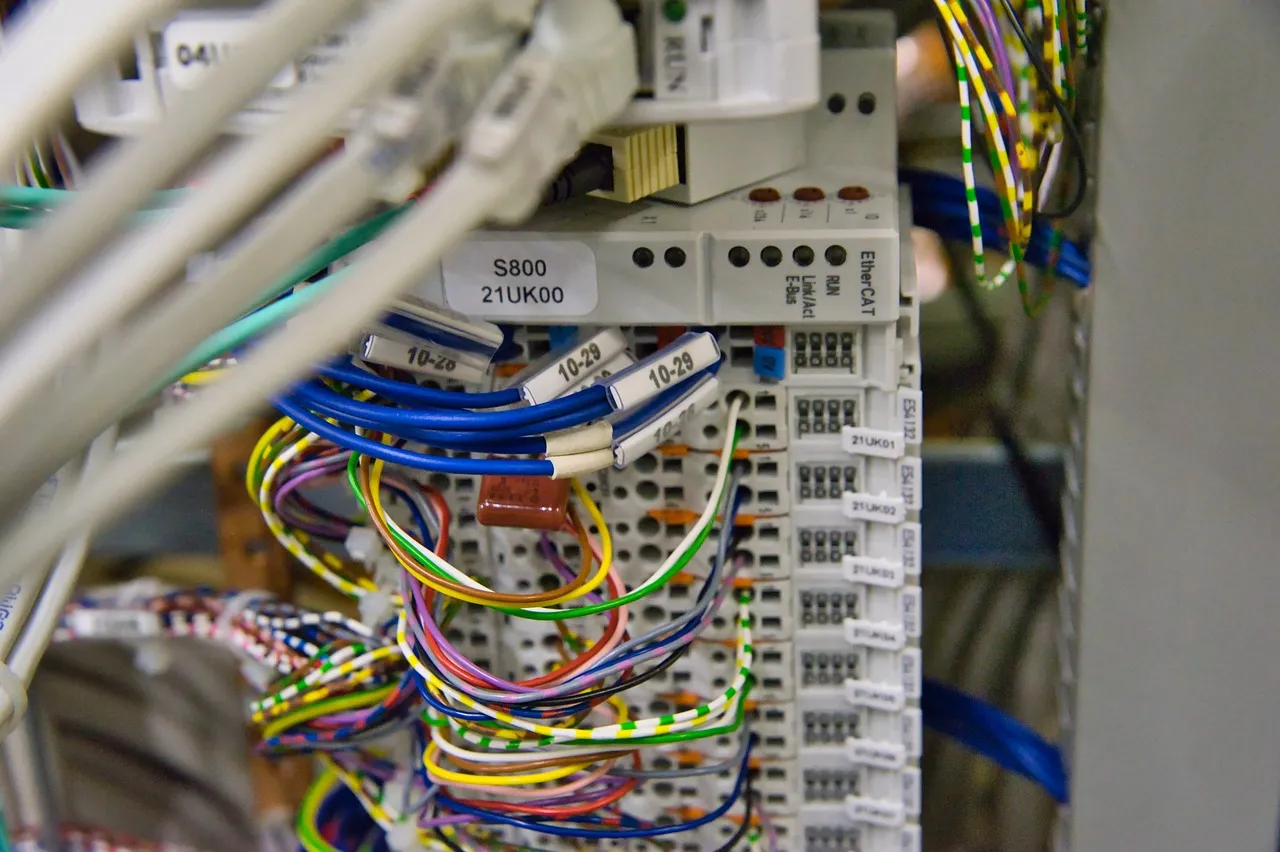
Key Takeaways:
The Dawn of a New Era: Embracing Automation for a Brighter Future
Are you feeling uneasy about the rapid advancements in automation? You’re not alone. Many professionals across various industries are grappling with concerns about job security and the changing landscape of work. However, it’s time to shift your perspective and see automation as an opportunity rather than a threat. Let’s explore how you can overcome your fears and position yourself for success in an increasingly automated world.
Understanding the Automation Revolution
Automation is transforming the way we work, live, and interact with technology. From manufacturing to healthcare, finance to customer service, intelligent machines are taking on tasks once performed exclusively by humans. This shift has sparked anxiety among workers who fear their jobs may become obsolete. But history has shown that technological advancements often create more jobs than they eliminate.
The Human Touch in an Automated World
While machines excel at repetitive tasks and data processing, they lack the creativity, emotional intelligence, and complex problem-solving skills that humans possess. These uniquely human attributes are becoming increasingly valuable in the workplace. By focusing on developing these skills, you can ensure your relevance and value in an automated future.
Strategies to Thrive Alongside Automation
1. Cultivate a Growth Mindset
Embracing change starts with your attitude. Adopt a growth mindset that views challenges as opportunities for learning and development. This perspective will help you adapt more easily to new technologies and work processes.
2. Invest in Continuous Learning
Stay ahead of the curve by continuously updating your skills. Take online courses, attend workshops, and seek out training opportunities in emerging technologies. Familiarity with AI, machine learning, and data analysis can make you an invaluable asset to your organization.
3. Focus on Soft Skills
As machines take over more technical tasks, soft skills become increasingly important. Develop your communication, leadership, empathy, and critical thinking abilities. These skills are difficult to automate and will set you apart in the job market.
4. Embrace Collaboration with Machines
Instead of viewing automation as competition, see it as a powerful tool to enhance your productivity. Learn how to work alongside automated systems to achieve better results. This collaborative approach can lead to innovative solutions and improved efficiency.
The Benefits of Automation in the Workplace
Increased Productivity
Automation can handle time-consuming, repetitive tasks, freeing up your time to focus on more strategic, creative work. This shift allows you to add greater value to your organization and potentially take on more fulfilling responsibilities.
Enhanced Accuracy and Consistency
Automated systems can perform tasks with a level of precision and consistency that’s difficult for humans to match. By leveraging these tools, you can improve the quality of your work and reduce errors.
New Career Opportunities
The rise of automation is creating new job roles that didn’t exist before. Positions such as AI specialists, robotics engineers, and automation managers are in high demand. By embracing automation, you open yourself up to these exciting career paths.
Overcoming Automation Anxiety
Stay Informed
Keep up with industry trends and technological advancements in your field. Understanding the changes happening around you can help alleviate fears and prepare you for future developments.
Identify Your Unique Value
Reflect on your strengths and the unique value you bring to your role. Focus on developing skills and expertise that complement automated systems rather than compete with them.
Seek Support and Guidance
Don’t hesitate to reach out to mentors, colleagues, or career counselors for advice on navigating the changing job landscape. Their insights can provide valuable perspective and help you chart a path forward.
The Future is Collaborative
As we move forward, the most successful professionals will be those who can effectively collaborate with automated systems. By combining human creativity and intuition with the efficiency and precision of machines, we can achieve remarkable results across industries.
Embracing Change: Your Path to Success
Remember, automation is not about replacing humans but augmenting our capabilities. By embracing this technological shift, you position yourself as a forward-thinking professional ready to tackle the challenges of tomorrow. The future belongs to those who are adaptable, curious, and willing to learn.
Conclusion
The fear of automation is understandable, but it shouldn’t hold you back from embracing the opportunities that lie ahead. By developing a growth mindset, continuously learning, and focusing on your uniquely human skills, you can thrive in an automated world. The future of work is not about humans versus machines, but humans and machines working together to create a more efficient, innovative, and prosperous world. Take the first step today towards embracing automation, and you’ll be well-prepared for the exciting future that awaits.
Frequently Asked Questions
Source: insidertechno.com